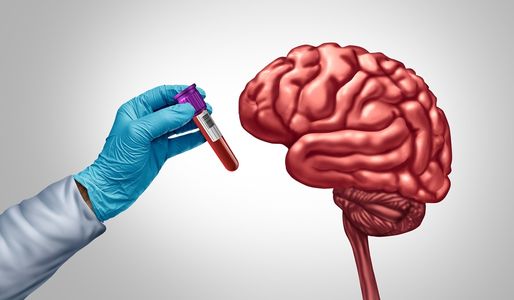When to Consider Alzheimer’s Screening: Signs and Risk Factors
 Seo Work
12 Aug, 2025
5 mins read
14
Seo Work
12 Aug, 2025
5 mins read
14

Alzheimer’s screening is a series of cognitive assessments that can detect early changes in memory, reasoning, and thinking ability. It is not a conclusive diagnosis but can help determine whether further evaluation is needed. Screenings may include memory recall tasks, attention tests, and simple problem-solving exercises conducted by a healthcare professional.
Early Signs That May Suggest Screening
Mild forgetfulness is a normal part of aging, but certain patterns could signal a need for further evaluation. These may include repeatedly forgetting recent events or conversations, having difficulty recalling familiar words during conversation, struggling to follow directions or complete familiar tasks, and frequently losing items without being able to retrace steps. In such cases, Alzheimer’s screening can help determine whether these issues are part of normal aging or linked to more serious cognitive changes. Some individuals may also experience confusion about time, place, or familiar surroundings, and persistent symptoms should be discussed with a healthcare provider.
Family History and Genetic Factors
Having a close relative—such as a parent or sibling—diagnosed with Alzheimer’s can increase your risk. Genetic factors are not the only cause, but they can play an important role in deciding when to get screened. Those with a strong family history may benefit from earlier or more frequent screenings.
Medical Conditions That Can Raise Risk
Certain health conditions can affect brain health and increase Alzheimer’s risk:
- High blood pressure or high cholesterol.
- Type 2 diabetes.
- Heart disease.
- Previous traumatic brain injury.
- Sleep disorders, including sleep apnea.
- Depression or long-term mood disorders in later life.
If you have one or more of these conditions, your doctor may recommend incorporating Alzheimer’s screening into your routine healthcare plan.
Age and Lifestyle Considerations
Alzheimer’s disease is most common in people over age 65, but lifestyle factors can influence risk at any age. Limited physical activity, poor diet, chronic stress, and social isolation can all affect brain function. Addressing these factors early can help support cognitive health, and in some cases, it may prompt a discussion about screening even before typical screening ages.
Talking With Your Healthcare Provider
If you or someone you care for shows signs of memory decline, start by discussing it with a healthcare provider. Bring details such as:
- Specific symptoms and when they began.
- Family history of Alzheimer’s or dementia.
- Current medications and existing health conditions.
Your provider can advise on whether Alzheimer’s screening is appropriate and arrange further evaluation if needed.
Final Thoughts
Alzheimer’s screening can help identify early cognitive changes, giving individuals and families more time to plan, adjust, and explore treatment options. While not every case of forgetfulness requires screening, knowing the signs, understanding your personal risk factors, and speaking openly with a healthcare professional can help you make informed decisions about your cognitive health.
Written By:
Seo Work



Hotels at your convenience
Now choose your stay according to your preference. From finding a place for your dream destination or a mere weekend getaway to business accommodations or brief stay, we have got you covered. Explore hotels as per your mood.


